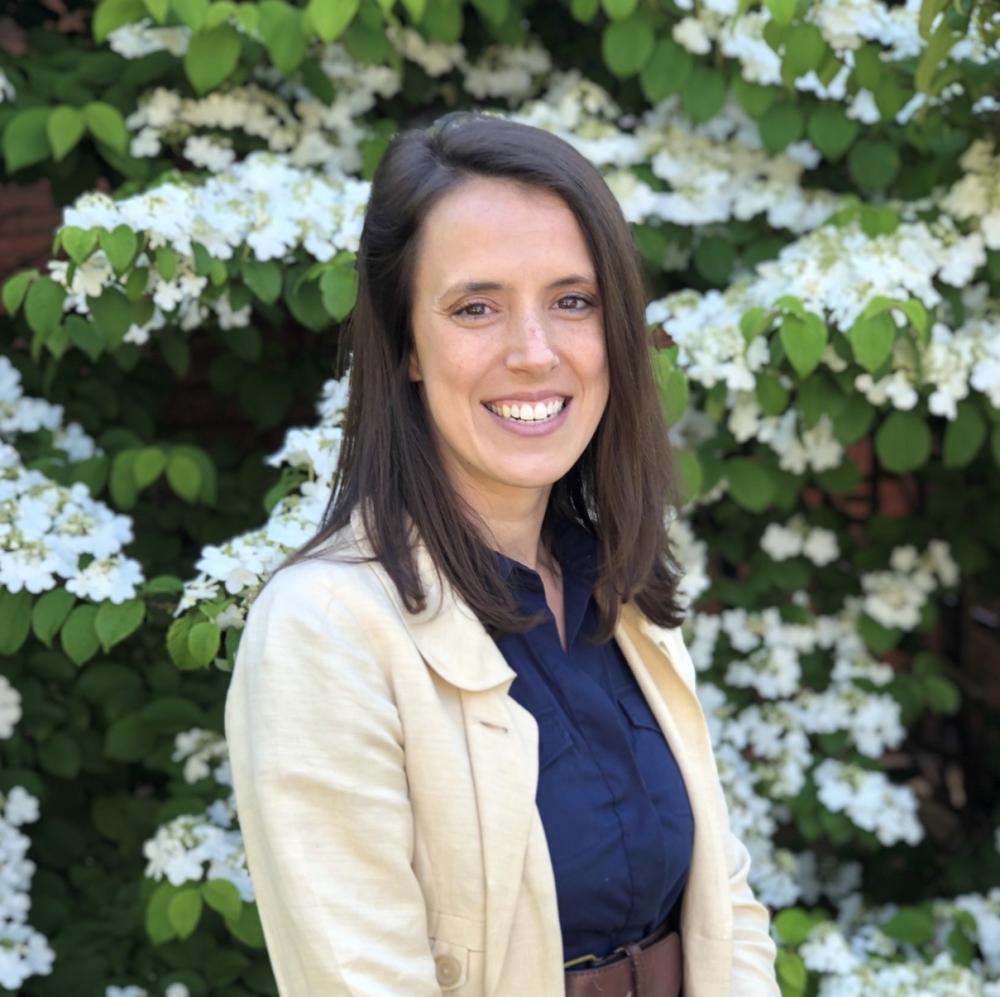
Last week during the COP27 climate talks, three major sustainability organizations partnered together to release the Land Rights Standard, a new set of best practices and principles for respecting the land and resource rights of Indigenous peoples, Afro-descendent peoples and other local communities. The Rights and Resources Initiative, the Global Landscapes Forum and the Indigenous Peoples Major Group for Sustainable Development launched the new standard at a sideline event during the U.N. climate conference in Egypt.
The new Land Rights Standard targets investors, companies, civil society organizations and institutions involved in landscape projects, encouraging them to better respect the rights of — and create partnerships with — local communities and groups, particularly those who have been historically marginalized.
Centering territorial and resource rights for Indigenous communities
The standard seeks to respect the territorial and resource rights of Indigenous and Afro-descendant peoples and other local communities — with the goal to promote the legal recognition of those rights, and require full collaboration in all programs, projects and initiatives.
Pasang Dolma Sherpa, executive director of the Center for Indigenous Peoples' Research and Development (CIPRED), emphasized the need for non-state actors to collaborate with Indigenous communities at the COP27 sideline event about the new standards.
“Indigenous peoples, local communities, and Afro-descendent communities are crucial in the discourse of climate change, natural resource governance, and anything in relation to the land," Sherpa said. "Often, Indigenous issues and concerns are seen as a threat by state parties. It is important to have dialogue on how the role of Indigenous people and local communities could contribute to the sustainability of natural resource governance.”
To that end, the Land Rights Standard promotes conservation by local communities and encourages a rights-based approach to conservation projects, Sherpa explained. “The new standard is designed to help non-state actors, conservation organizations, and the private sector recognize the rights of the Indigenous people and local communities, and it encourages outside agencies to participate with local communities and gain consent for environmental projects,” she elaborated.
This new standard also seeks to include women’s voices. Cécile Ndjebet, president of the African Women’s Network for Community Management of Forests (REFACOF), said, “We can leverage the Land Rights Standard to promote responsible investment, but promoting women's equal inclusion and participation in governance and ensuring zero tolerance for violence and harassment is very, very important to this.”
Supporters of these new guidelines say they can assist companies and other non-state actors on how to mitigate obstacles for women, Ndjebet added. “We encourage actors to forge powerful alliances with women's organizations across all regions to ensure that their investments won’t leave the women who are on the frontier of climate mitigation and conservation behind,” she said.
Does sustainability need another standard?
When the Land Rights Standard was launched at COP27, it was immediately endorsed by other standard-setting organizations.
Dr. Solange Bandiaky-Badji, president of the Rights and Resources Initiative, acknowledged that there is a growing body of sustainability standards and principles. She told the COP27 audience: “Why is the Land Rights Standard necessary in the landscape of all the other [standards]? The other efforts have been uncoordinated and lack globally-recognized principles that are grounded in human rights law and informed from Indigenous peoples, local communities and Afro-descendent people. The Land Rights Standards are simple principles that reflect best practices in landscape-level actions and investments supported by institutions, companies, investors and activists.”
The Forest Stewardship Council (FSC) is one group that certifies sustainably managed forests. Kim Carstensen, the director general of the FSC, said the organization is committed to integrating principles from the Land Rights Standard into the next generation of FSC standards.
“We have been a standard carrying and developing organization for over 25 years. This new Land Rights Standard will be a new milestone around which we can further develop our standards," Carstensen said. "In our next revision, we will look at the new standards and ask what we can use as a guiding tool. We will integrate it into our thinking about the next generation of our standards, and we can all work together to make it something that is seen by and understood by the people who need to use it in the future.”
What’s next?
The founding partners are asking conservation organizations, companies and investors to consider endorsing the Land Rights Standard. Bandiaky-Badji noted: “These standards are not legally binding. They are voluntary. We hope [non-state actors] will promote it within their institutions and rights holders will contribute to promoting awareness of these standards.”
The Rights and Resources Initiative, works to advance the forestland and resource rights of Indigenous peoples, Afro-descendant peoples and local communities, is also working to include the principles of the Land Rights Standard as a standing agenda item at climate-related events, Bandiaky-Badji said.
Image credit: Azzedine Rouichi via Unsplash

Mary Riddle is the director of sustainability consulting services for Obata. As a former farmer and farm educator, she is passionate about regenerative agriculture and sustainable food systems. She is currently based in Florence, Italy.














